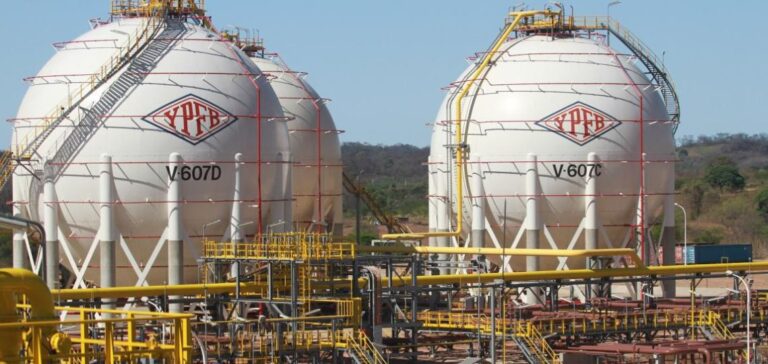Faced with a growing energy crisis, Bolivia’s state-owned YPFB (Yacimientos Petrolíferos Fiscales Bolivianos) is actively seeking to attract investment to revive its oil and gas sector. Faced with a drastic decline in gas production, which has halved from its peak ten years ago, and oil production at its lowest level since the 1990s, YPFB is turning to international partners to help overcome the crisis.
YPFB Chairman Armin Dorgathen recently stated that the company was looking to attract financing and forge new partnerships to relaunch production. “We are working to attract funding from different sources and are also looking for partners,” he said. He pointed to the problems of payment, legislation and regulation under the country’s largely socialist leadership in recent years, which have discouraged private enterprise.
Partnerships and Reform Objectives
YPFB is already working with partners in Bolivia, including Repsol, TotalEnergies and Petrobras, to encourage new investment. Declining domestic oil and gas production has been at the heart of the country’s recent economic and political turmoil. Once a major gas exporter to neighbors such as Brazil, the drop in production has hit export revenues and emptied the central bank’s reserves almost entirely.
Protests linked to the lack of dollars and long queues at service stations have become increasingly frequent, exacerbating tensions and leading to internal conflicts within the ruling socialist party, MAS (Movimiento al Socialismo), between President Luis Arce and former leader Evo Morales.
International Aid and Import Strategies
To remedy the fuel shortage, YPFB is turning to direct purchases from Organization of the Petroleum Exporting Countries (OPEC) producers via the new state-owned energy trading company Botrading S.A. Dorgathen also mentioned the help of Russia, which is part of the OPEC+ coalition, in improving fuel supplies. Russia’s Lukoil recently delivered 366,000 barrels of diesel to YPFB from the Baltic Sea port of Vysotsk.
Despite a sharp drop in gas production attributed to a lack of investment in exploration, Dorgathen claimed that export revenues were being maintained and denied any problems with domestic gas supplies. “There are no internal supply issues,” he said, while reiterating the hope of announcing a major new discovery later this year.
Bolivia, beset by economic and political challenges, is seeking to revitalize its energy sector by attracting investment and forging strategic partnerships. YPFB’s commitment to improving investment conditions and collaborating with international partners such as Repsol, TotalEnergies, Petrobras and Lukoil shows a clear determination to overcome the current crisis. With the help of Russia and fuel import strategies, Bolivia hopes to stabilize its energy supply and strengthen its economy.





















